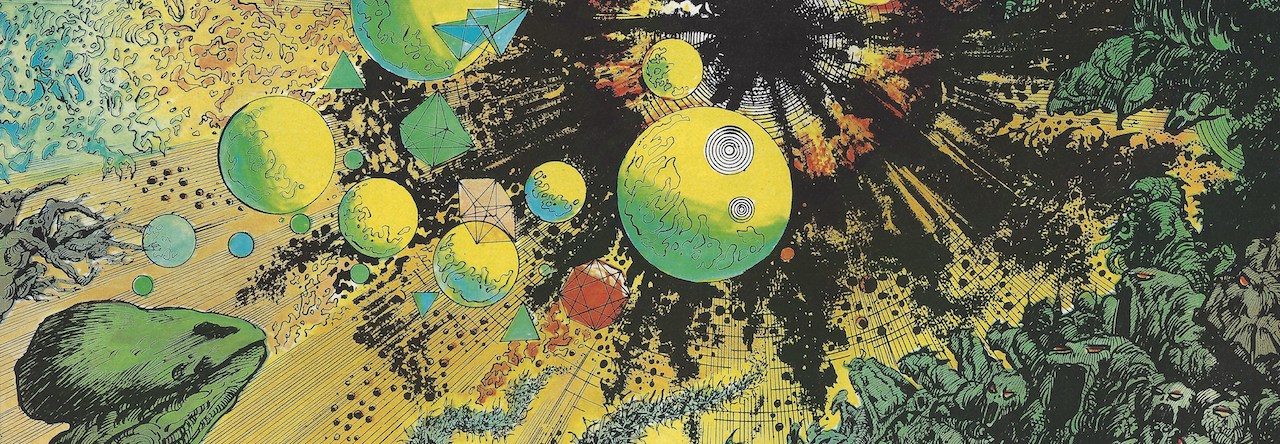 |
| Iron Man (Robert Downey Jr.) soars through the New York skyline in Avengers. |
Since I’m writing about the visual effects on
Avengers for an upcoming issue of
Animation Magazine, I got to see the movie last week at the Disney lot and found the movie to be very, very entertaining.
Avengers is a huge movie, with nearly every cent of its reported $220 million budget up there on the big screen, and the deft handling of the story will earn it a huge audience and huge box office to go with it.
Not only does Avengers successfully adapt the comic book series to the big screen, it actually improves on it. There’s no way that even the the best issue of Avengers ever published can really compete with the movie for the time and money of a modern audience. This poses a problem for those who make, publish, sell and read comics because it removes one of the few great selling points of the medium: That comics can tell stories on a scale and scope that movies cannot. And that is no longer true.
It’s also hard to argue with the math. According to
data presented at the 2011 ICV2.com Graphic Novel Conference, the entire comic book industry posted combined sales of single issues and graphic novels in 2010 of $635 million. (This was the last year for which I could find info for — and that revenue was down from 2009. If anyone has more current info, send me the link.) By contrast,
Avengers is now expected to cross the $500 million mark by the end of its first weekend playing here in the United States (it opened last week in a number of international markets to huge impact), and seems destined to easily become a billion-dollar grosser just at the box office. That doesn’t include ancillary revenues such as merchandise and licensing, and the long life the movie will have in home video formats from now until the copyright expires under current law in 2107.
Basically, this one movie will likely generate more than double what the entire comics industry did in 2010. Add in what The Dark Knight Rises is likely to make, as well as The Amazing Spider-Man, and these three movies will lap the comics biz many times over in a single year.
In the 1980s and 1990s, fans often said that good comic book movies would put the world on notice that the comics they were based on were good enough to check out, and the new readers — and respect — would just roll on in. With the former now reality, the latter looks less and less likely.
 |
| Thor (Chris Hemsworth) and Captain America (Chris Evans) fight on in Avengers. |
After Avengers, what’s left for superhero comics to do? Will anyone who likes this big, bold and fun superhero flick be at all impressed by the latest $4 an issue yak-fest from Brian Michael Bendis? Or want to dig through endless crossovers and convoluted back story? I doubt it.
Just as I also doubt that Marvel or Disney will in any way alter the way they go about publishing comics these days. It seems that, as long as publishing keeps making money and keeps viable Marvel’s many copyrights and trademarks in the marketplace, they’ll keep publishing comics.
I’m more concerned about the state of the former, though. I don’t see the market for print comics increasing in any significant way any time soon. The distribution is way too spotty, the cost of a comic too high, and the content of the superhero comics put out by Marvel and DC too narrowly focused on the niche that is the direct market.
 |
| Captain America (Chris Evans) and Tony Stark (Robert Downey Jr.) confer on the SHIELD Helicarrier in Avengers. |
Digital distribution is the obvious future for pretty much any medium that has not already embraced it. I myself don’t care to read comics on my phone or computer, though I would like to try it on an iPad some day. And while publishers have done a much better job getting comics out there for sale digitally, I think the content is going to remain a big stumbling block for all the reasons I cited above. Just porting over the niche-oriented direct market content won’t attract a mainstream audience. The content must be tailored to the format and the medium, and it appears most comics companies are barely even acknowledging this question, let alone dealing with it.
The comics must be better, much better, than they are now, and tailored to the audience that a movie like Avengers appeals to in order to have the first chance of expanding readership.
Like this:
Like Loading...









 It’ll be interesting to watch, however it turns out.
It’ll be interesting to watch, however it turns out.